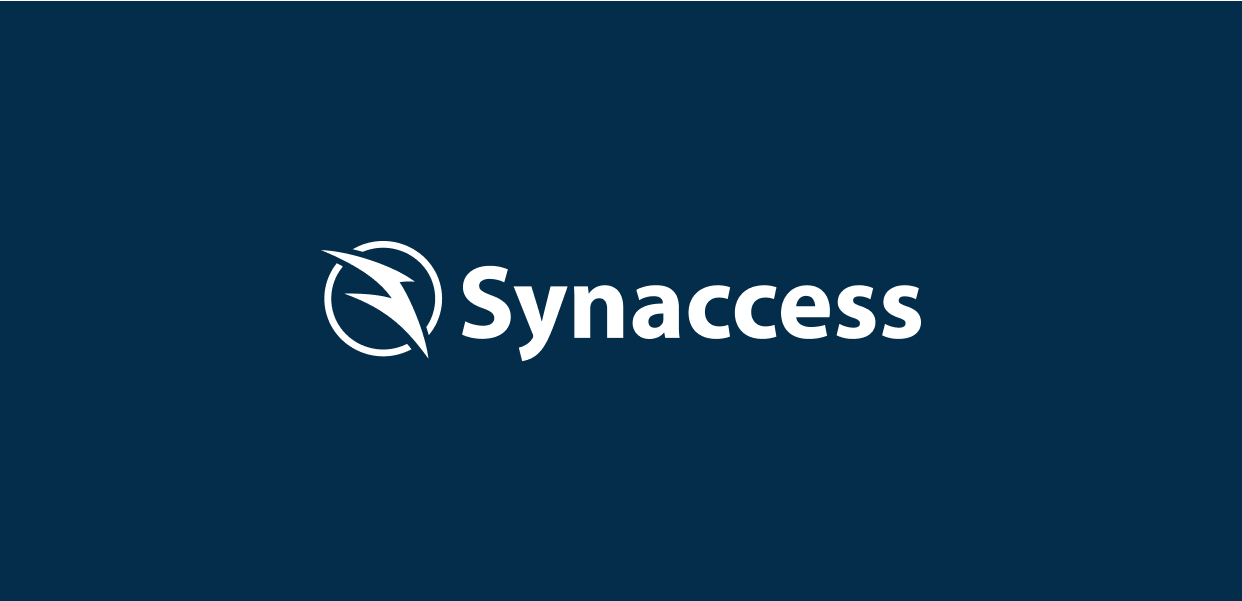Synaccess netBooter PDUs can be configured to send email notifications for specific events, enhancing monitoring and management capabilities. This guide outlines the configuration process and important considerations.
Compatibility with Email Providers
The netBooter PDU uses basic SMTP (Simple Mail Transfer Protocol) for email notifications. Basic SMTP is a widely adopted standard and remains functional with many email providers and systems. However, as technology evolves, some providers have transitioned to more secure authentication protocols.
The netBooter B Series does not support secure SMTP protocols (TLS/SSL), and there are no plans to introduce firmware updates to enable this functionality. For users requiring secure email notifications, we recommend exploring SMTP relay services or considering our other product lines, such as the netBooter DX Series or SynLink Series, which include encrypted SMTP support.
Basic vs. Secure SMTP
- Basic SMTP: Transmits emails without encryption. This protocol continues to be supported in various contexts and by many legacy systems and providers.
- Secure SMTP: Uses encryption protocols (TLS/SSL) to enhance email security. Some providers now require this by default for new configurations.
Popular Email Provider Compatibility
- Google (Gmail):
- Gmail has transitioned away from basic SMTP for new devices and accounts, prioritizing secure methods.
- Microsoft (Outlook/Office 365):
- Basic SMTP remains supported in certain configurations, but Microsoft is gradually phasing it out.
- Other Providers:
- Many regional, smaller, or legacy email services continue to support basic SMTP. Users are encouraged to check their provider’s documentation to confirm compatibility.
Configuring SMTP Settings
To enable email notifications, you must configure the SMTP (Simple Mail Transfer Protocol) settings:
- Access the Web Interface: Log in to the netBooter PDU's web UI.
- Navigate to Outgoing Email Settings: Go to the "Network" section and locate "Outgoing Email Settings."
- Enter SMTP Details: Provide the SMTP server address, port number, sender email address, and authentication credentials if required.
Testing Email Configurations
After configuring the SMTP settings, you can test the email functionality by accessing the console via Telnet or the Serial Port, and issuing the emailsend command to send a test email.
Ensure that the test email is received to confirm proper configuration.





